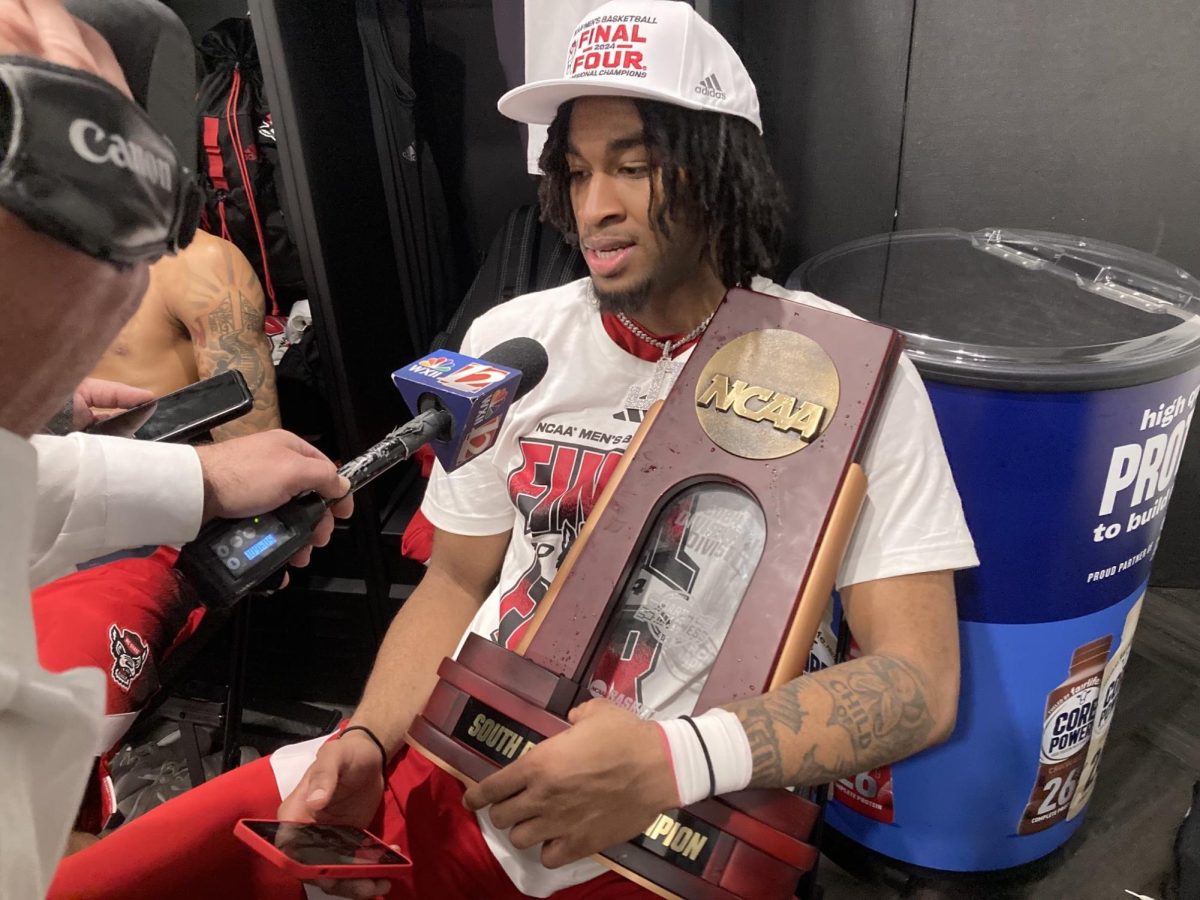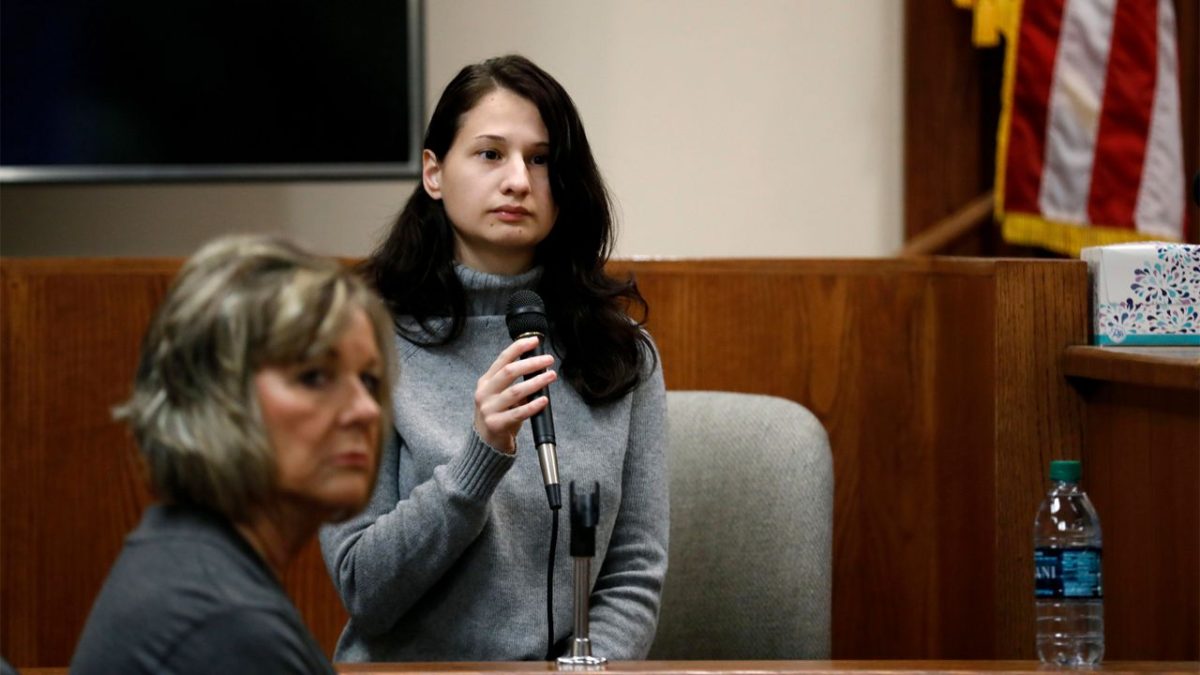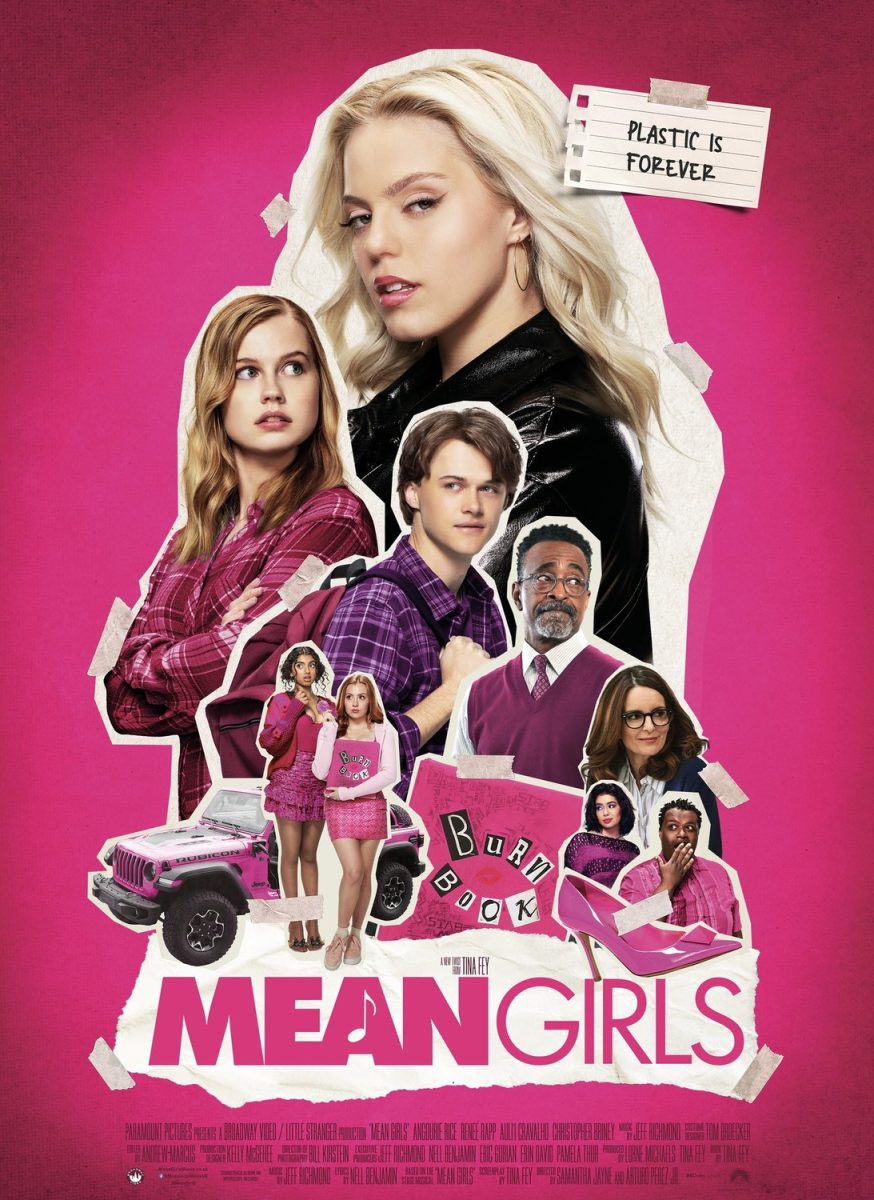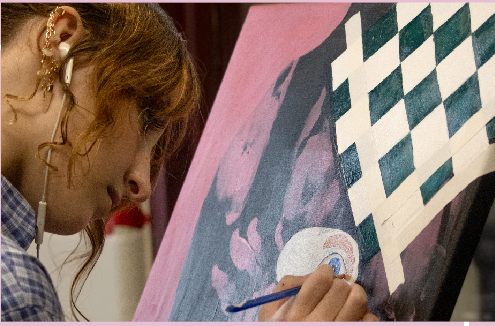The past couple years have marked the sudden downfall of many prominent celebrities. People who have built a brand on a positive message and ideology that they themselves do not even follow. Amongst the ever-growing list of celebrities to fall from grace are personalities like Ellen Degenerous, James Cordon, Rose Barr and, newest edition, Lizzo.
As a body positive, plus size, woman of color the accusations of her berating and belittling her back-up dancers for their bodies was something immensely unforeseen.
“The Lizzo one really shocked me,” senior Kidist Shebeshi said, “because I feel like everyone saw her as the epitome of body positivity.”
But as witnessed time and time again, people have come to accept this as a normal occurrence in any popular creators career.
“People have stopped caring,” sophomore Sanaia Hemphill said, “It’s kinda just expected to happen, which sucks but that’s just how it has to be.”
But why do devoted fans expect anything other than this disappointment from their favorite celebrity? Why do people find this so deeply troubling when they don’t even know these people personally? A major factor to the public’s misinterpretation of these celebrities is the prevalence of parasocial relationships, or one-sided relationships between a celebrity and a fan. The fan may consider themselves a friend of the celebrity, however, the celebrity has no knowledge of the person’s existence.
These relationships can be deeply damaging and are usually very unhealthy for the fan. Especially when the celebrity acts in a distasteful manner. The fan may feel targeted by the celebrity’s actions, especially if what the celebrity did targeted a group they are a part of. “There was one where Katy Perry made a music video,” Senior Judy Abdullah said, “I think it was called Dark Horse or something, and she kinda dressed up as Cleopatra. And, it didn’t really seem genuine. It just felt like my culture was some kind of game to them.”
There is no way to tell if your favorite celebrity is putting on a facade or if they’re genuinely the person they say they are. At the end of the day, every celebrity, to an extent, is playing a caricature of themselves, only letting the viewer see what they want them to see.
“I feel like it creates a sense of false hope,” Shebeshi said, “because there’s so much evil in the world and this is someone you looked up to that you thought was, like, separate from everyone else, but in reality, they were just as awful.”
These celebrities’ main and only objective is to gather an audience and keep them happy. So when all that crumbles, because they aren’t the people they said they were it leaves them with a Twitter hashtag and a tarnished image.












